After the high profile events that were centered on Hail, Caesar! and Midnight Special in the first couple of days, the attention at the weekend moved towards less commercial films and the international competition in all its varieties.
The first weekend of this year’s Berlinale came across as quite a relaxed affair despite the huge number of press and delegates and its perceived hysteria, which in reality was a more serene and slightly subdued chaos than might have been expected.
Much of the films in competition over the weekend dealt with heterosexual adult relationships in different stages of trials and tribulations. Hedi (Inhebbek Hedi), by Mohamed Ben Attia, looks at a traditional Muslim family in Tunisia that is at odds with progression in the modern world. Young Hedi comes from a background where choices are made for him; his widowed mother chooses his young bride for him and his siblings are traditional. In his job as a Peugeot sales representative which he despises, Hedi’s boss makes him travel to Mahdia against his wishes. However, here he will meet and fall in love with a tourist guide called Rim who is staying at the same hotel as him. From this moment, Hedi faces up to his life so far and wonders whether for the first time he should choose his own destiny and if such a choice will make him happy. The film narrative and direction is conventional and linear but also very realistic and contains excellent performances from the romantic couple.
Mia Hansen-Løve’s fifth film as director moves away from the topic of youth in her previous work. Things to Come (L’Avenir) is focused on the life of a married woman called Natalie (a superb performance by Isabelle Huppert) with two grown children and a still-demanding mother. Her relative comfort zone life as high school philosophy teacher and sometime published writer turns upside down when her husband leaves her for a younger woman. Other unfortunate news follows this to suddenly leave Natalie alone and with a dilemma about what to do for the rest of her life. The ever prolific, compelling and extreme Isabelle Huppert gives a very mature, realistic and compelling performance and director Hansen-Løve has shown a new maturity in her seamless transition from youth based into serious adult subjects.
The Portuguese entry Letters from War (Cartas da Guerra) was a more frustrating affair which didn’t resonate very well with a still packed Berlinale Palast who turned out nice and early for the Valentine’s Day early morning screening at 9am sharp. A young and very handsome military doctor called António writes to his young pregnant wife during the Portuguese Colonial War in Angola in 1971. At first, the whole thing, shot in black and white, seemed promising. I was thinking that if Jean-Luc Godard was a young director now and made a Portuguese version of Le Petit Soldat (1963) but only for a more commercially based studio, it might have gone something like this. The voice-over (female but actually representing the young doctor in his letters) guides us on a calm and romantic journey that manages to make the conflict in Angola seem suppressed in a bitter sweet way. However, regardless of the horrors of war and the longings to be back home, the formal elements of the film itself do not veer away from this style and we wait nearly two hours for a change of mood but are left disappointed. As one journalist friend remarked to me, it even fails to be pretentious.
The Berlinale’s home-grown German entry 24 Weeks (24 Wochen) looks at the traumatic decision a couple have to make when the woman find out during her pregnancy that her unborn son will be born Down-syndrome and that there are two holes in his heart that will require emergency surgery soon after he has born. The still unmarried couple Astrid and Markus also have a nine-year-old daughter. She is a well-known comedian and he is her manager. Astrid’s widowed mother is also very close to them. Just as in Things to Come the film is a very engaging but more heart-rending look at what happens when contented and seemingly secure (in this case also very happy) lives are turned upside down. Where this also differs is how the happiest of couples are given the toughest of choices to make, either of which will be heartbreaking and have an effect on the rest of their lives, and not through decisions made when a couple drift apart. One cannot help but be extremely moved by this very mature third feature film from Anne Zohra Berrached which does not manipulate the emotions and demands us to be open-minded on life choices.

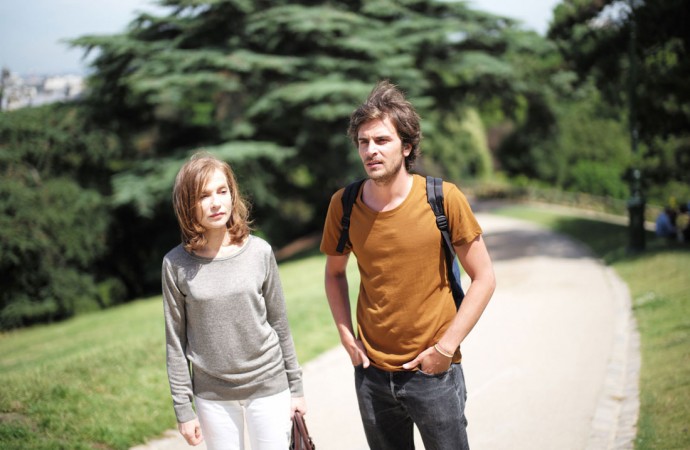
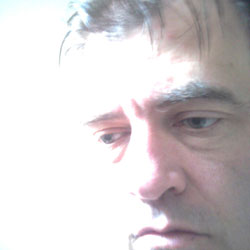
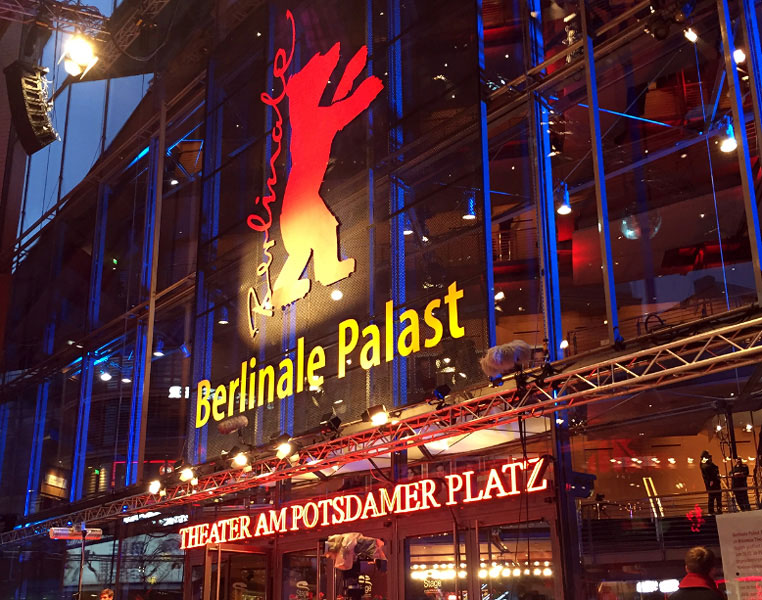
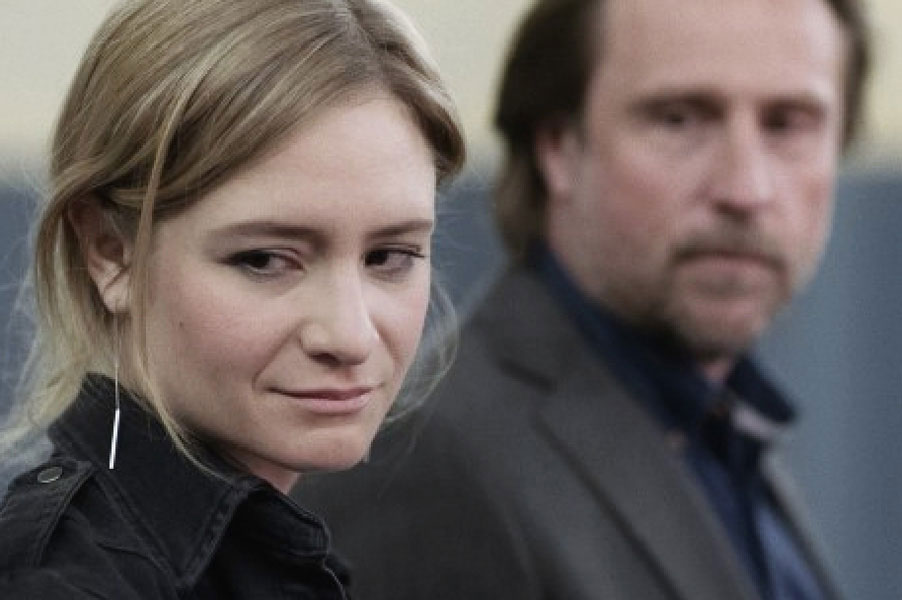

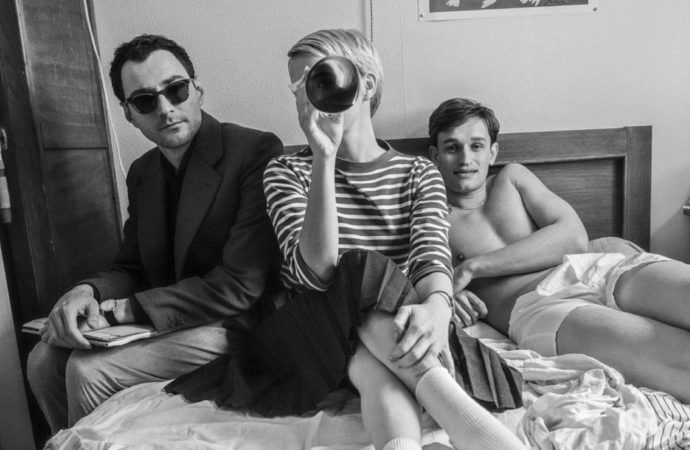
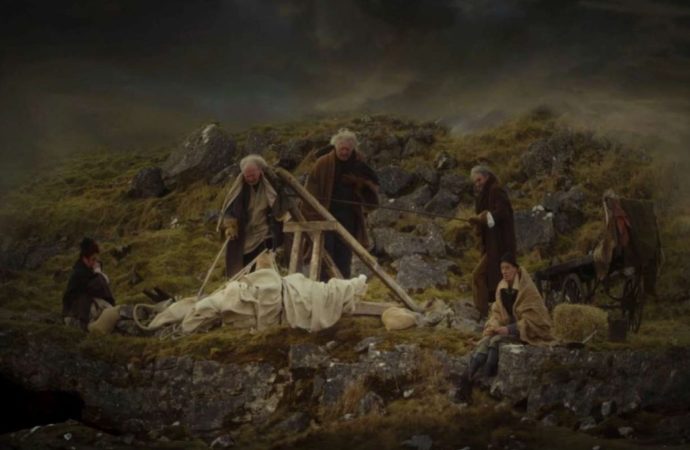

No one has posted any comments yet. Be the first person!